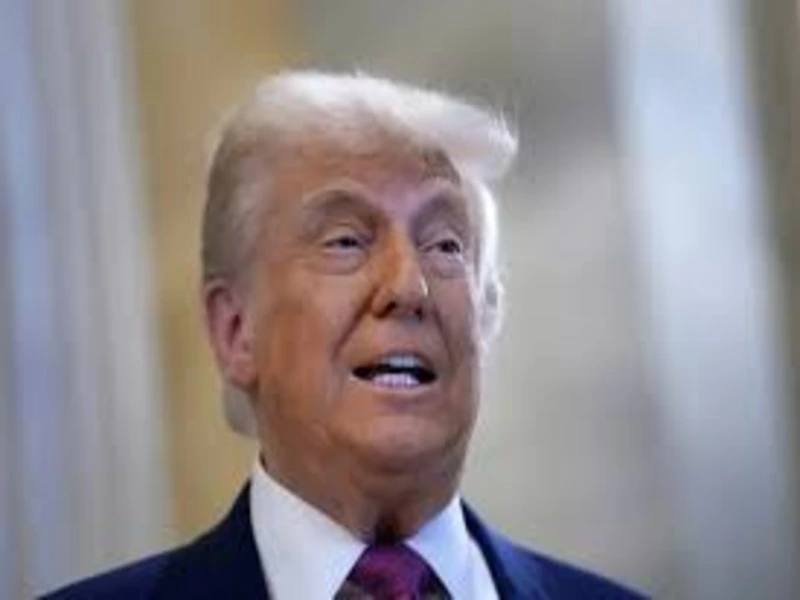Donald Trump has filed a lawsuit against Paramount Global after appearing on “60 Minutes,” alleging inaccuracies in the interview.
The lawsuit highlights ongoing tensions between Trump and media outlets regarding the portrayal of his statements.
What happened:Trump sues Paramount Global over 60 Minutes interview
Donald Trump has initiated a lawsuit against media giant Paramount Global, claiming that his appearance on CBS’s “60 Minutes” featured inaccuracies in the portrayal of his statements. The interview, which aired as part of the iconic news programme, is under scrutiny for its accuracy and the context in which Trump’s comments were presented. The lawsuit alleges that the network selectively edited the interview, misrepresenting Trump’s words in a way that damaged his reputation. Trump’s legal team is demanding a retraction and financial compensation for the harm caused. Paramount Global, on the other hand, has defended the interview, maintaining that it adhered to journalistic standards and accurately reflected the conversation. This legal battle is yet another chapter in the ongoing tensions between Trump and the media, particularly over issues of press freedom and the depiction of his views.
Also read: Warner Bros. Discovery CEO: Trump win may boost media mergers
Also read: Trump reports $57M crypto windfall from World Liberty Financial
Why it’s important
The lawsuit filed by Donald Trump against Paramount Global highlights the ongoing challenges media organisations face when covering controversial figures and high-profile public personalities. Over the years, Trump has had a strained relationship with the press, often accusing media outlets of misrepresenting his words and actions. This lawsuit, which centres on an interview with CBS’s “60 Minutes,” underscores the critical role of editing and context in news reporting. Trump claims that the interview was selectively edited to misrepresent his views, a charge that raises concerns about journalistic integrity, especially when covering polarising political figures.
The case is particularly significant in the broader debate about press freedom and media ethics. If the courts rule in Trump’s favour, it could set a precedent for future legal challenges that may impact how journalists conduct interviews and how news outlets handle controversial content. On the other hand, if Paramount Global prevails, it would reaffirm the importance of editorial freedom in the media industry, while reinforcing the principle that news organisations have the right to edit and present content in accordance with journalistic standards.
This legal battle also brings attention to the broader issue of how the media interacts with powerful political figures. As public trust in the media fluctuates, and political figures continue to challenge the legitimacy of news reporting, cases like this one may have lasting effects on how the media landscape is shaped. Journalists and media outlets must carefully navigate the complexities of reporting on public figures while balancing the principles of fairness, accuracy, and the public’s right to know. The outcome of this lawsuit could therefore set important precedents for how media organisations operate in an increasingly polarized environment.

